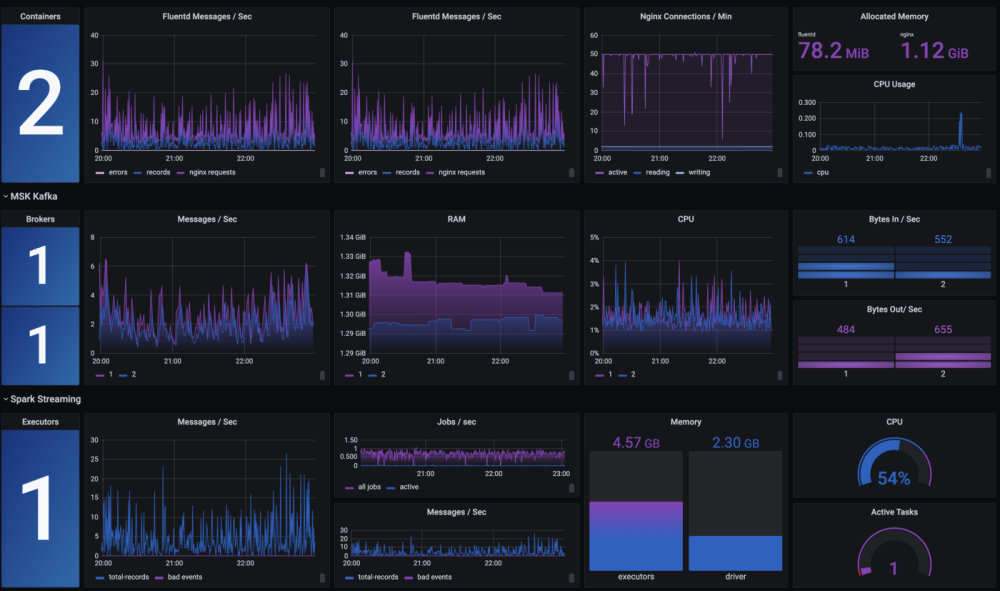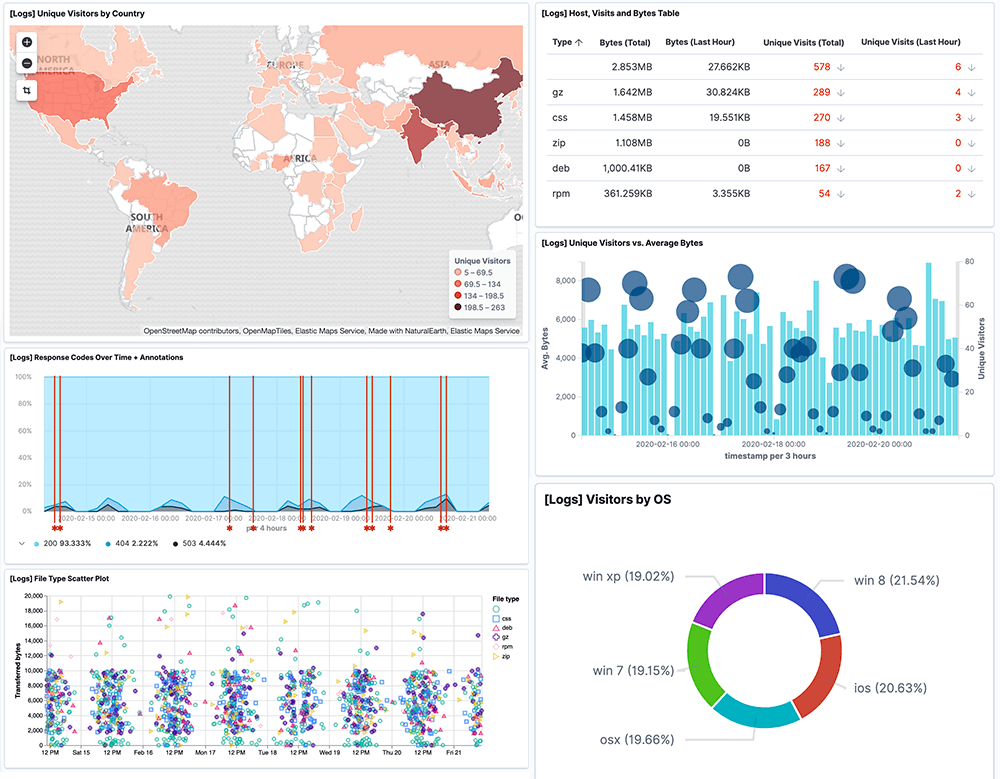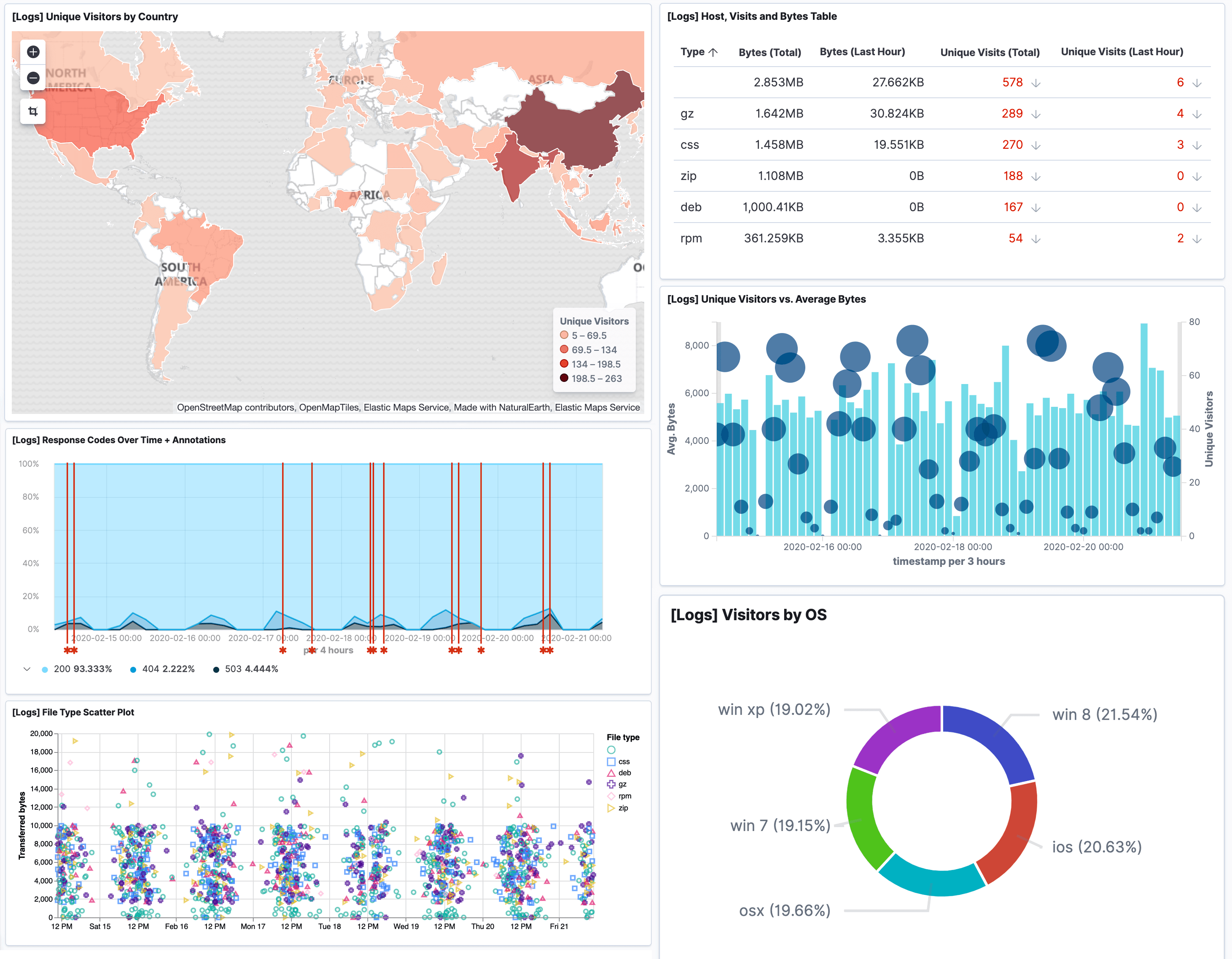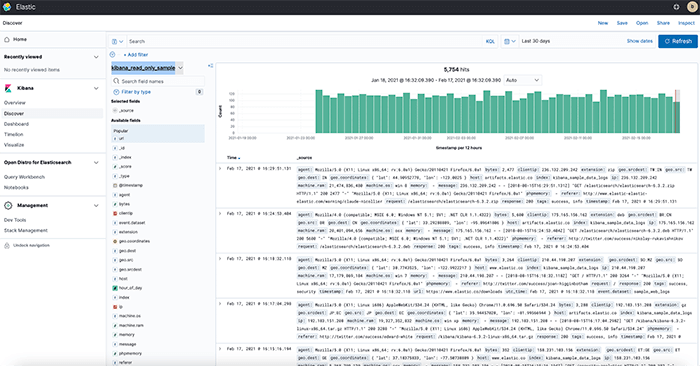Logit.io, is a popular solution among compliance specialists due to its ability to be used to facilitate compliance with PCI DSS standards. In order to support compliance efforts, Logit.io can be used in a variety of ways to centralise logs, metrics and traces.
The Logit.io platform can also be used to set up alerts and notifications to keep track of specific events, such as failed login attempts or suspicious activity that needs to be investigated. A system such as this can help organizations detect and respond to potential security threats in a timely manner, as defined by the PCI DSS, when those threats arise.
Logit.io also enables organizations to implement access controls that ensure that only authorized personnel have access to sensitive log data. It is possible to use this method to help organizations comply with PCI DSS's requirements for access control.
In terms of reporting, Logit.io provides a variety of reporting capabilities that can help organizations generate the kind of reports that they need to meet PCI DSS compliance requirements, such as audit trail documentation and incident response documentation.
The most important thing to keep in mind is that while Logit.io can assist organizations in achieving PCI DSS compliance, to ensure that organizations are fully compliant with the standard, they must also implement a variety of other security controls and policies.













